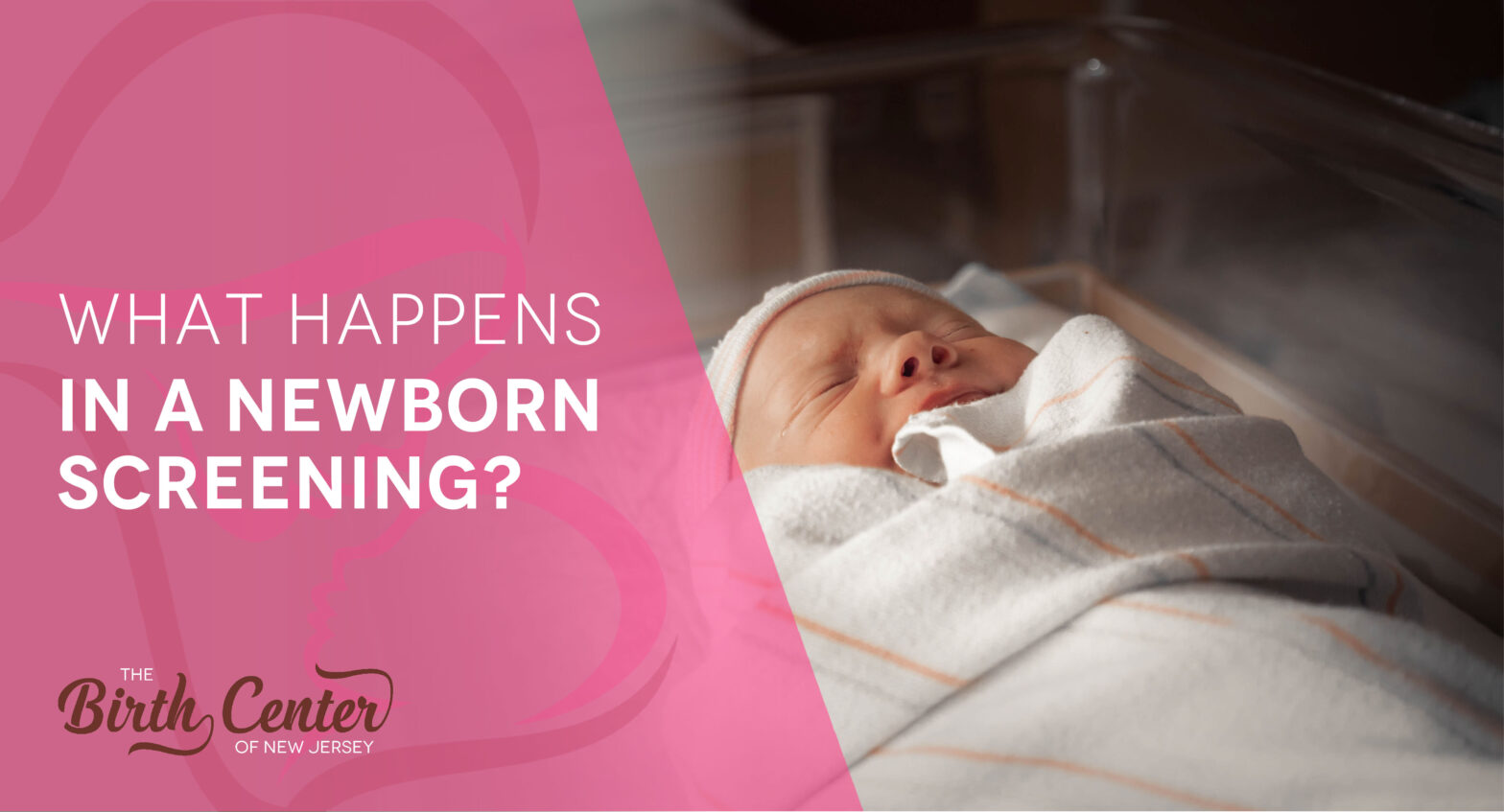What Happens in a Newborn Screening?
If you’re nearing the end of your pregnancy and preparing to welcome your baby into the world, congratulations – you almost made it!
Now might be a good time to learn about newborn care and the different aspects of assessing your baby’s health through assessments such as newborn screenings. Newborn screenings constitute a series of tests performed soon after the baby’s birth to rule out any abnormalities. These tests help early diagnosis and prompt treatment of conditions that might later become a problem.
What is included in a newborn screening?
Specific tests performed in newborn screening may vary for each child, depending on the healthcare provider’s assessment.
Generally, the newborn screening involves 3 tests:
1. Hearing screening
This test helps identify hearing loss and establish a care plan accordingly. The test uses otoacoustic emissions (OAEs) or auditory brainstem response equipment.
It is usually performed 12-24 hours after birth to reduce false negative results. Each ear is screened one at a time, with a maximum of 2 attempts per ear. Newborns who don’t pass the initial screening are referred for retesting accordingly.
2. Pulse oximetry screening
Pulse oximetry helps detect the oxygen levels in the newborn’s blood. It involves taking two readings simultaneously; one from the right hand and one from the right foot. These are called pre-ductal and post-ductal saturations and help detect cardiac defects.
The probe is attached to the locations, and a healthcare provider notes the readings. The test may be repeated if indicated.
3. Metabolic screening
Metabolic screening helps evaluate the newborn for metabolic disorders that may affect how their body utilizes or digests different substances.
The test involves taking a few drops of blood from the newborn’s heel and then sending it to the lab for testing. The results will be discussed during subsequent postpartum visits.
Are the tests mandatory?
These tests are state-mandated but not state-required. So you don’t have to get them done if you don’t want to. But it’s recommended that you do.
At the birth center, our responsibility is primarily to provide you with the necessary information that will help you make informed decisions for your baby.
Do you do the tests at the birth center?
Yes! Should you wish to get the tests done, we offer all the screening tests in-house.
We also offer Vitamin K and eye ointment applications for parents who want it. Vitamin K is necessary for blood to clot normally. Babies are not born with a large amount of vitamin K in their bodies, so the supplemental form is recommended to prevent serious bleeding in newborns.
It is usually given as an intramuscular injection, but we offer an oral form as a substitute.
Similarly, antibiotic eye ointment is placed into the newborn’s eyes after birth to prevent serious eye infections later.
If you have any other questions for newborn care, feel free to send us a message!

